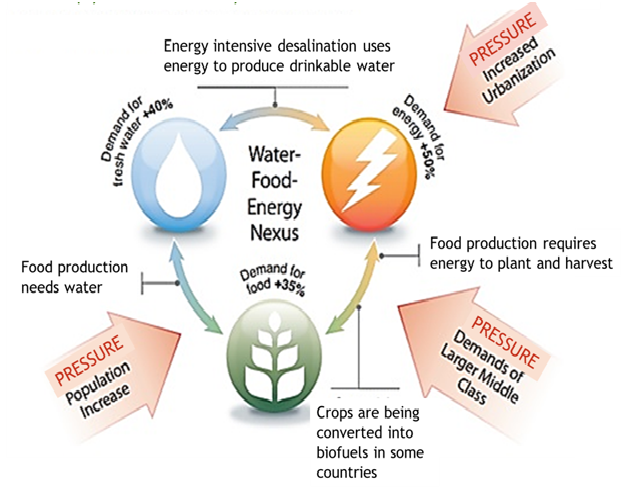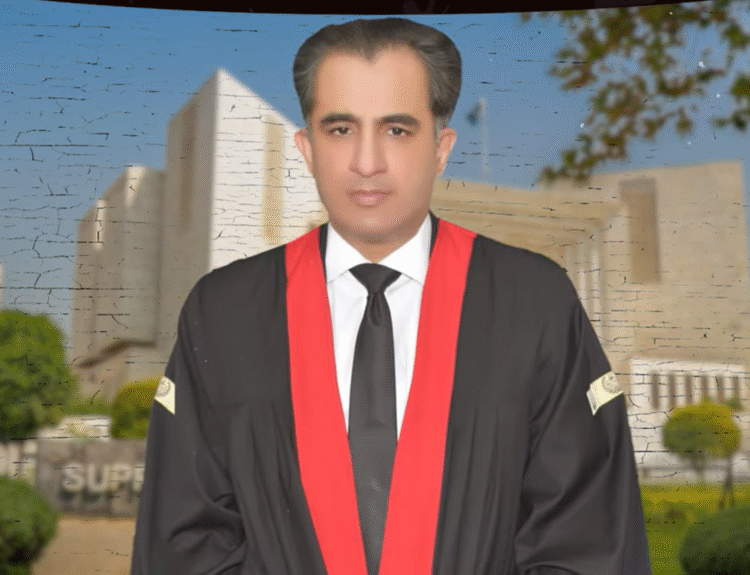Khalid Hussain
Global warming is not only an environmental issue but is also a development issue with enormous economic and social consequences as it recognises no boundaries. This means no one nation can deal with it on its own. All will have to work together and address it collectively.
Limiting greenhouse gas emissions is a central challenge for the future. The “German Watch’s” 2018 Global Climate Risk Index report ranked Pakistan 7th on the list of most affected countries in the Long-Term Climate Risk Index. The country has suffered 141 extreme weather events including cyclones, storms, floods, glacial lake outburst floods (GLOFs) and heat waves beside all else.
Inaugurating a PEDC seminar on “Climate Change and Sustainable Solutions” in Islamabad today, Executive Director Pakistan Population and Environment Development Council (PEDC) Dr. Jennifer Euler-Bennet said human beings are themselves responsible for climate change (CC) that is threatening the very existence of the planet. “What we decide to do today will decide the fate of all future generations.”
Head of Environmental Sciences department at the International Islamic University Islamabad Professor Muhammad Irfan Khan shared his research on climate change and environmental security highlighting how economic considerations dominate technical and sustainability considerations in current energy and water policies.
Program Coordinator on Ecology Ms. Mome Saleem presented a memorandum of the Heinrich Boell Foundation on “Resource Politics for a Fair Future”. She suggested new perspective on relationship between human and nature while challenging some basic assumptions of mainstream economics. “Re-imagining” of the very meaning of progress and governance from local to global level needs to be made visible and heard, to help individuals and communities struggles gain momentum and power,” she asserted, adding, “There is a need to discuss new forms of production, consumption and trade. E.g. on alternative economic.”
Mr. Mohammad Saeed, an economist specializing in the field of Solar Photovoltaic (PV) shared his experiences while working with the German International Cooperation, Deutsche Gesellschaft für Internationale Zusammenarbeit (GIZ) on “Potential and Competitiveness of Renewable Energy” to counter Climate Change. Dr. Ali Abbas Qazilbash said the “Impact of Climate Change on Biodiversity and the Environment.” He said Pakistan is in a geographic location bridging the middle East and south Asia where average temperatures are predicted to rise faster than elsewhere.
Frequent flooding is one of the major climate change consequences in Pakistan over the past 10 years. From the uncertainty associated with unexpected abrupt and extensive rains to national anxiety over net annual rainfall decrease, climate change has a direct bearing on the availability of water. Annual mean surface temperatures have been rising steadily over the past century. A 0.6-10C rise in mean temperature has resulted in 0.5 to 0.7 percent increase in solar radiation in the coastal areas. A 3-5 percent decrease in cloud cover in central Pakistan has increased sunshine durations leading to temperatures increases.
Pakistan ratified the Paris Agreement in 2016 which obliges the country to take adaptation measures. It is imperative that we cut down our emissions to not only to contribute to global efforts to stabilise greenhouse gas emissions but also changes to the mix of energy we use and the technologies used to produce this energy. This in turn entail changes in building regulations and in our transportation systems, product design, land use, and the way basic commodities like water and energy are priced.
Investment in climate change actions has handsome returns beside pays off like clean air, better health and new economic and social opportunities in the future. Global warming thus obliges us to shape the world in such a way that our children and grandchildren may lead good lives.
We should learn from our neighbours far ahead of us in climate action. For example, China has become the world’s top installer of both wind turbines and solar photovoltaic systems. India is strongly encouraging the rapid expansion of bio-gas, solar, and other forms of low-carbon energy in rural areas through renewable energy certificates. Indonesia and many other countries have established clear targets to reduce carbon emissions. Pakistan also needs to take needed initiatives to mitigate the CC effects.
The PED-C also works to help young people become better aware of their environment and to actively participate, to protect it. The youth feel a sense of achievement by employing strategies to inculcate a culture of environment friendly activities, ultimately influencing environmental management policies of the school with the support of Heinrich Böll Stiftung.
_________________________________________________________________________________________________________________
Khalid Hussain is Resident Editor of TLTP – You may contact Khalid Hussain at Resident.Editor@lawtoday.com.pk.pk
Categories
Uncategorized
Sustainable Solutions to Mitigate Climate Change




